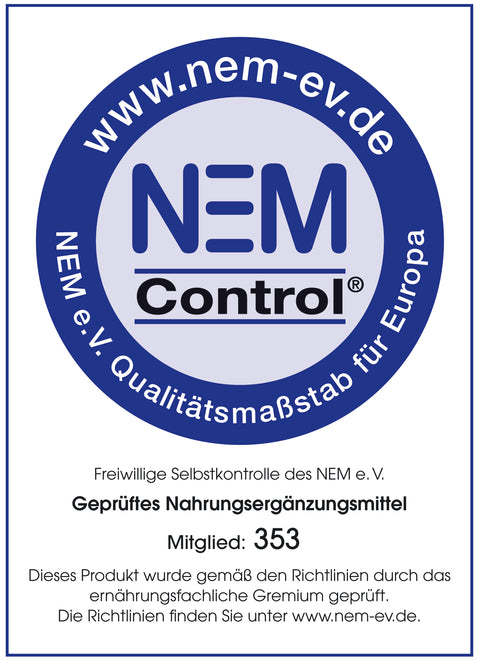The importance of health prevention for children: What parents or grandparents can teach their children in early childhood.
The health of our children is of utmost importance. As parents, we have a responsibility to protect them as best as possible from diseases and health problems. Early preventive measures can make a big difference and lay the foundation for a healthy life.
In this article, we will explore the different aspects of health prevention for children and find out what parents can teach their children from the beginning.
-
Nutrition: A balanced diet is an important part of children's health care. By teaching their children healthy eating habits, parents can reduce the risk of diseases such as obesity, diabetes and cardiovascular disease. Fresh fruits and vegetables, whole grains, lean meat, fish and dairy products should be on the menu regularly. At the same time, sugary drinks, snacks and fast food should be limited.
-
Physical activity: Regular physical activity is crucial for the healthy development of children. Parents should encourage their children to exercise daily and participate in sports activities. Visits to the playground, cycling, swimming and team sports can be fun while improving physical fitness. Regular exercise also helps children maintain a healthy body weight and reduce the risk of obesity.
-
Hygiene : Teaching good hygiene practices is another important aspect of health prevention. Parents should teach their children how to wash their hands properly, especially before eating and after using the toilet. Cleaning toys regularly, avoiding contact with sick people, and covering the mouth and nose when coughing or sneezing can help prevent the spread of infection.
-
Vitamins and micronutrients: A balanced diet rich in vitamins and micronutrients plays a crucial role in health prevention in children. Parents should ensure that their children eat a variety of foods rich in important nutrients such as vitamins, minerals and trace elements. Vitamin A, C, D, iron, calcium and omega-3 fatty acids are particularly important for growth, development, the immune system and bone health. A varied diet with fruit, vegetables, whole grains, lean meat, fish, legumes and dairy products ensures that children receive the necessary vitamins and micronutrients.
-
Sleep: Adequate sleep is essential for children's health and well-being. Parents should ensure their children get enough sleep, based on their age and individual needs. A regular sleep schedule, a quiet sleep environment, and establishing sleep habits can help children feel rested and energized.
-
Emotional and psychological well-being: Promoting emotional and psychological well-being is also important for health prevention in children. Parents should create a loving and supportive environment in which children can express their feelings. Open communication, providing affection and encouraging healthy coping strategies can help reduce stress and psychological distress.
Conclusion:
Health prevention for children is a holistic approach that includes nutrition, physical activity, hygiene, adequate sleep, emotional and psychological well-being, and the intake of vitamins and micronutrients.

By teaching their children healthy habits and practices from the beginning, parents can lay a solid foundation for a healthy life. It is important to be aware that parents are role models here and that their own behavior has a major influence on the health and well-being of their children. By understanding the importance of prevention and actively implementing it, we can offer our children the best conditions for a healthy and happy life.










Comments (0)
There are no comments for this article. Be the first one to leave a message!